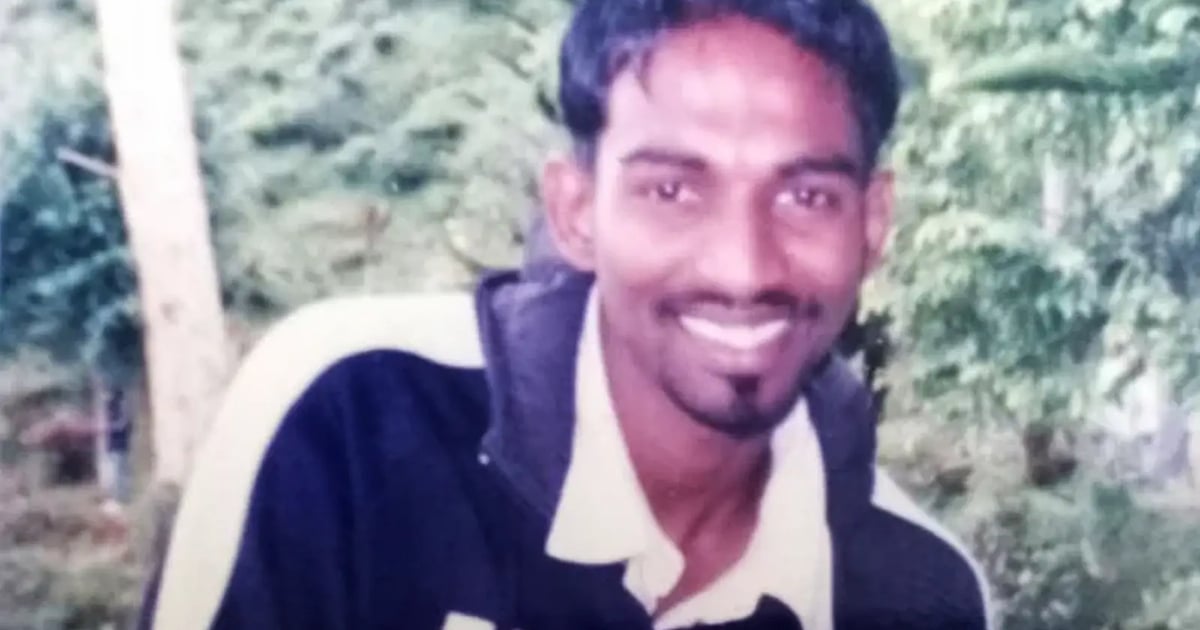
Malaysian death row inmate P Pannir Selvam gained reprieve when the Singapore Court of Appeal reserved its judgment following the second hearing on his post-appeal application today.
The Singapore home affairs ministry’s policy on the scheduling of executions came under scrutiny during the proceedings, as Pannir’s counsel and the Attorney-General’s Chambers addressed the content of affidavits they submitted after the first hearing on May 7.
At the initial hearing, the court observed that Pannir’s request for a stay of execution – pending the conclusion of disciplinary proceedings arising from his complaint to the Singapore Law Society – rested fundamentally on the principle that the ministry’s policy on execution scheduling must be applied equally to all.
His lawyers argued that the policy applied to him differed from an earlier policy, thereby violating his right to equal treatment under Article 12 of the Constitution.
Chief Justice Sundaresh Menon, who led a five-member bench, said Article 12 does not prohibit a state agency from changing its policy.
“Article 12 applies by looking at the current legislation, the current statute, or the current policy, and asking yourself whether that policy is being applied in a way that is unfairly discriminatory,” he said.
Pannir’s counsel, Ng Yuan Siang, argued that the ministry had not provided an explanation for the differing application of its policy between state and non-state proceedings.
He submitted that the ministry’s approach to preserving a prisoner’s life had changed.
Previously, executions could be delayed if a prisoner’s testimony was needed in any legal case. Now, the ministry says delays are only considered if the testimony is needed in a state-led case.
“There have been no reasons provided by the ministry as to why this differential treatment between a state and a non-state proceeding is reasonable,” Ng said.
In response, deputy senior state counsel Terrence Chua said the distinction exists because state-brought proceedings are, by definition, in the public interest.
“It goes beyond the interest of an individual PACP (prisoner awaiting capital punishment), whereas the PACP cannot claim to represent public interest in their private applications.
“But even then, I pointed out in my affidavit that state-brought applications are still assessed on a case-by-case basis,” he said.
The court said if the applicant can show the policy can cause an unfair distinction between two people between whom there is no rational difference, he may be entitled to a ruling that the policy offends Article 12.
The proceedings, which lasted over an hour, ended with Menon saying the court would reserve its judgment.
Seated in the dock wearing a purple-coloured prison uniform, Pannir appeared calm throughout the proceedings, which was also attended by his siblings who had arrived from Malaysia earlier today.
The hearing marks the latest chapter in Pannir’s ongoing legal battle against his death sentence.
He was convicted by the High Court on May 2, 2017, of importing 51.84gm of diamorphine into Singapore, and was given the mandatory death penalty.
Pannir filed an appeal, which was dismissed by the Court of Appeal on Feb 9, 2018.
With his family and legal team, he submitted petitions for clemency to the president of Singapore, who subsequently declined to commute the sentence.
Pannir and his family were informed that he would be executed on May 24, 2019.
He then filed another application to the Court of Appeal, seeking a stay of execution on grounds that he intended to challenge both the rejection of his clemency petition and the public prosecutor’s decision not to issue a certificate of substantial assistance.
The court granted this application on May 23, 2019. Following this, he filed several other judicial review applications.
Pannir received another notice of execution on Feb 16, 2025, for a scheduled execution on Feb 20.
He then filed for permission to make a post-appeal application in a capital case (PACC), seeking a stay of execution, which was granted on Feb 19.
Judge of the appellate division Woo Bih Li said the stay was granted pending the determination of his PACC application.
Singapore’s PACC Act, which came into effect in June 2024, allows prisoners awaiting capital punishment to make post-appeal applications, which can only be heard by the Court of Appeal.






